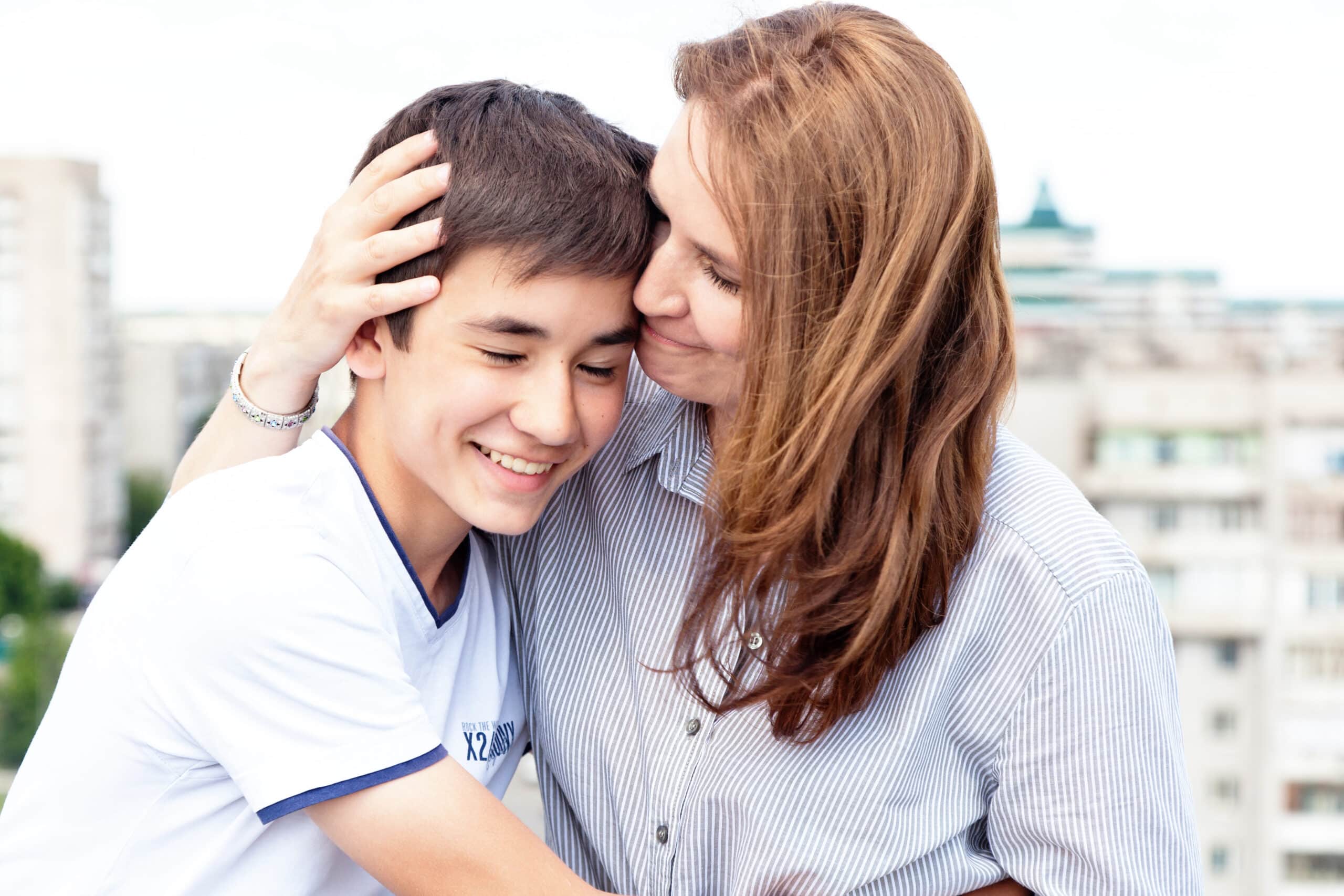At our mental health treatment center for teens, we understand how difficult this time is for the parents and families of a struggling teen. Our therapeutic and clinical team will provide therapeutic support and guidance for the family unit during the entire process.
A teen with a serious behavioral or emotional disorder will benefit from the more focused treatment intervention and support found at a residential program tailored for adolescents. BNI Treatment Centers offer academic tutors and liaisons that help keep the teen engaged in their classwork while in treatment. Also, our residential treatment program designed for teens will adapt the therapeutic activities to this age group, making it more relatable to them.
While the teen is at the treatment center they will engage in various behavioral therapies, such as cognitive behavioral therapy (CBT), dialectical behavior therapy (DBT), solutions focused therapy, and mindfulness cognitive behavioral therapy to help them replace maladaptive behavioral responses to stressors with healthy, constructive responses. With these tools, the teen will learn how to better navigate sources of frustration, anger, or stress moving forward.





